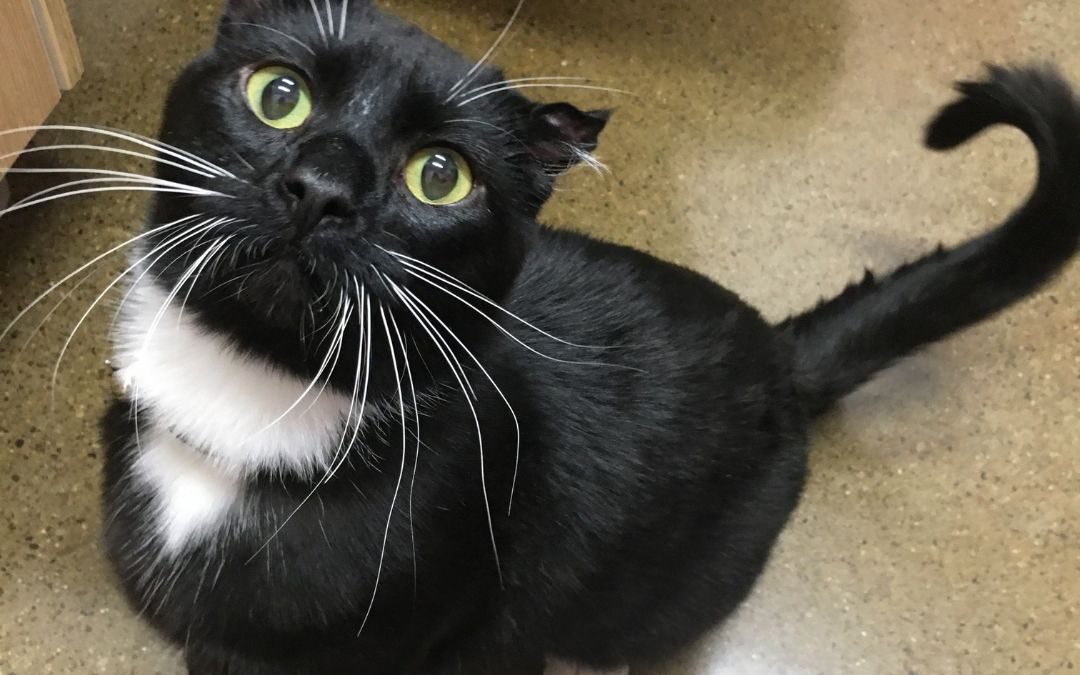Arthritis (also called degenerative joint disease or osteoarthritis) is a chronic, painful, progressive condition involving the joints of cats. As in people, this is commonly associated with aging, and likely impacts between 70% and 90% of cats over 12 years old.
There are a variety of treatment options for arthritis, and a plan will be personalized for your cat. Some of the options include, but are not necessarily limited to,:
Pain Medications:
- Non-steroidal anti-inflammatories (like Meloxicam and Onsior) are great at relieving pain and inflammation. However, they can have a significant strain on internal organ function and can have restrictions on the length of treatment. Long term use of these medications can lead to significant renal issues in some cats, so we will use these medications with caution. Frequent bloodwork monitoring (every 6 months) will be essential while using these medications for more than 1-2 weeks.
- Gabapentin is used for many purposes, and its pain-reliving properties make it a good option for painful, arthritic cats. It tends to have fewer systemic side effects than anti-inflammatories, but can cause mild sedation.
- Polysulfated glycosaminoglycan (Adequan): This is an injectable prescription medication that supports joint health by stopping destructive enzymes within the joint. You may give these injections to your cat at home, or make appointments for injections at your veterinary clinic.
- Frunevetmab (Solensia) is a newer injectable drug using monoclonal antibodies developed specifically for cats with arthritis. This would require monthly visits at your veterinary clinic, as this drug cannot at this time be prescribed for home use.
Supplements:
- Glucosamine/chondroitin: over-the-counter supplement to support cartilage and bones. Although there are many over the counter brands, we recommend Cosequin because this brand has a strong history of safety and effectiveness.
- Omega-3 fatty acids may decrease the inflammation in joints.
Physical Therapy: please talk to your veterinarian about whether a referral to a physical therapist is right for your cat. Treatments may include massage, acupuncture, and laser therapy.
Arthritis is not reversible, so cats will never fully recover. But treatments can slow its progression and lead to an increased quality of life.

